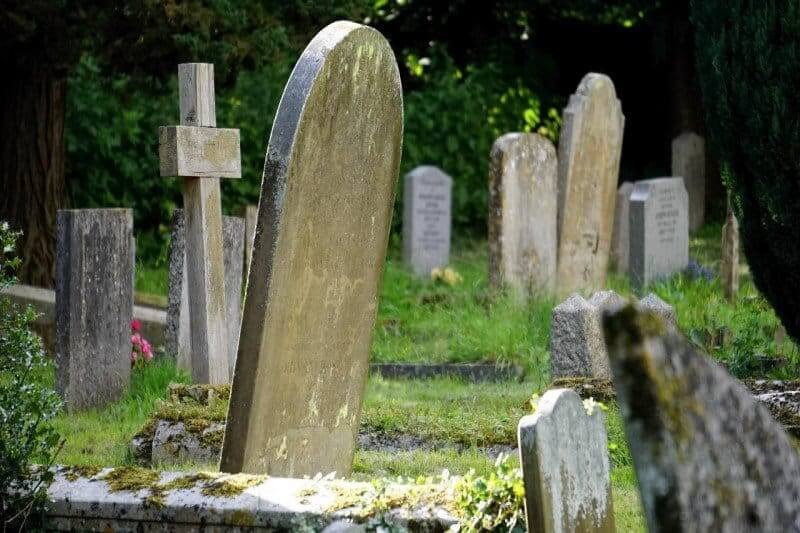This article talks about the inheritance rights of illegitimate children.
Children conceived AND born outside a valid marriage are considered as illegitimate.
It is a common scene in telenovelas that during the funeral of a dead husband, the family would be shocked to learn that the decedent had children with other women or commonly known as “anak sa labas”. A tug-of-war between the legal family and the newly discovered children as to inheritance would then ensue. Hence, the brewing question – can illegitimate children inherit from their parent?
Article 163 of the Family Code of the Philippines states that natural filiation of children may be legitimate or illegitimate. Children conceived or born during the marriage of the parents are legitimate [Article 164, Family Code]. Conversely, children conceived AND born outside a valid marriage are illegitimate [Article 165, Family Code]. The Family Code has eradicated the different classification of illegitimate children as natural or spurious.
Illegitimate Children are compulsory heirs entitled to their legitime.
Article 887 of the Civil Code provides:
“Article 887. The following are compulsory heirs:
(1) Legitimate children and descendants, with respect to their legitimate parents and ascendants;
(2) In default of the foregoing, legitimate parents and ascendants, with respect to their legitimate children and descendants;
(3) The widow or widower;
(4) Acknowledged natural children, and natural children by legal fiction;
(5) Other illegitimate children referred to in article 287.
Compulsory heirs mentioned in Nos. 3, 4, and 5 are not excluded by those in Nos. 1 and 2; neither do they exclude one another.
In all cases of illegitimate children, their filiation must be duly proved.
The father or mother of illegitimate children of the three classes mentioned, shall inherit from them in the manner and to the extent established by this Code.”
As can be gleaned above, illegitimate children are considered as compulsory heirs. They are called compulsory heirs because the testator cannot disregard them [Edgardo L. Paras, Civil Code of the Philippines Annotated Wills and Succession (2021 ed) p.302]. Illegitimate children are thus entitled to their legitime. Legitime is that part of the testator’s property which he cannot dispose of because the law has reserved it for certain heirs who are, therefore, called compulsory heirs [Article 886, Civil Code]. Pursuant to Article 895 of the Civil Code, the legitime of the illegitimate children shall be taken from the portion of the estate at the free disposal of the testator, provided that in no case shall the total legitime of such illegitimate children exceed that free portion, and that the legitime of the surviving spouse must first be fully satisfied.
An illegitimate child shall inherit one-half (1/2) of the share of a legitimate child.
The general rule is that an illegitimate child is entitled to one-half (1/2) of the share of a legitimate child [Articles 895 and 983, Civil Code]. Thus, the law does not treat legitimate and illegitimate children similarly insofar as inheritance is concerned.
If the decedent is survived by his spouse, legitimate children and illegitimate children, the surviving spouse’s share shall be similar to the share of a legitimate child. The illegitimate child is entitled to one-half (1/2) of the share of a legitimate child [Article 999, Civil Code].
How is the estate divided in other instances?
If a widow or widower survives with illegitimate children, such widow or widower shall be entitled to one-half of the inheritance, and the illegitimate children or their descendants, whether legitimate or illegitimate, to the other half [Article 998, Civil Code].
Should the decedent be survived by his parents, spouse and illegitimate children, the parents shall get one-half (1/2), the surviving spouse one-fourth (1/4) and the illegitimate children one-fourth (1/4) of the estate.
If the decedent is survived by his parents and illegitimate children, the parents get one-half (1/2) while the other half of the estate goes to the illegitimate children [Article 991, Civil Code].
It must be emphasized that an illegitimate child has no right to inherit ab intestato from the legitimate children and relatives of his father or mother; nor shall such children or relatives inherit in the same manner from the illegitimate child [Article 992, Civil Code].
About Nicolas and De Vega Law Offices
If you want to learn how to make a will or need help regarding estate planning, wills and succession, we can help you. Nicolas and De Vega Law Offices is a full-service law firm in the Philippines. You may visit us at the 16th Flr., Suite 1607 AIC Burgundy Empire Tower, ADB Ave., Ortigas Center, 1605 Pasig City, Metro Manila, Philippines. You may also call us at +632 84706126, +632 84706130, +632 84016392 or e-mail us at [email protected]. Visit our website https://ndvlaw.com .









